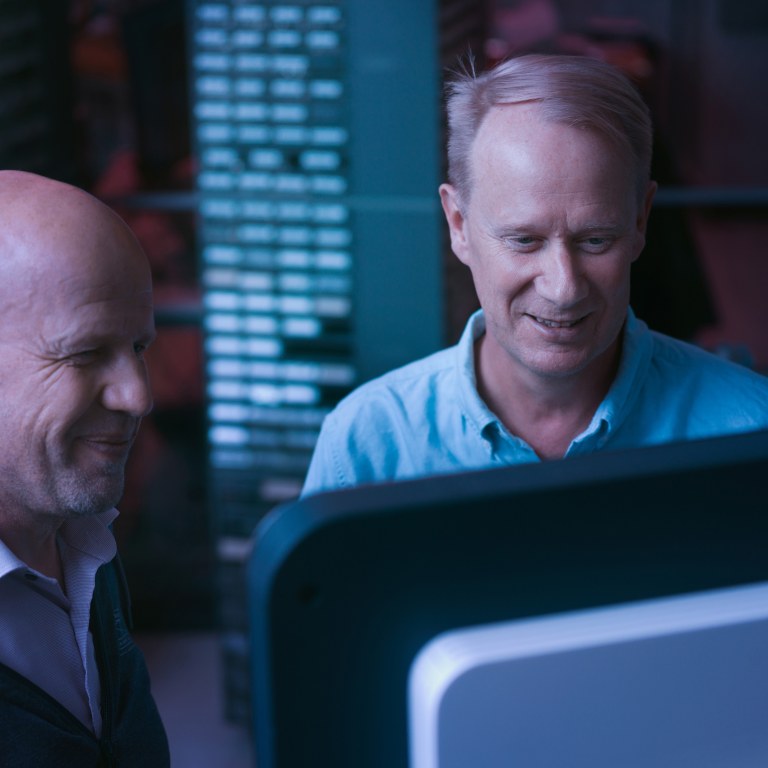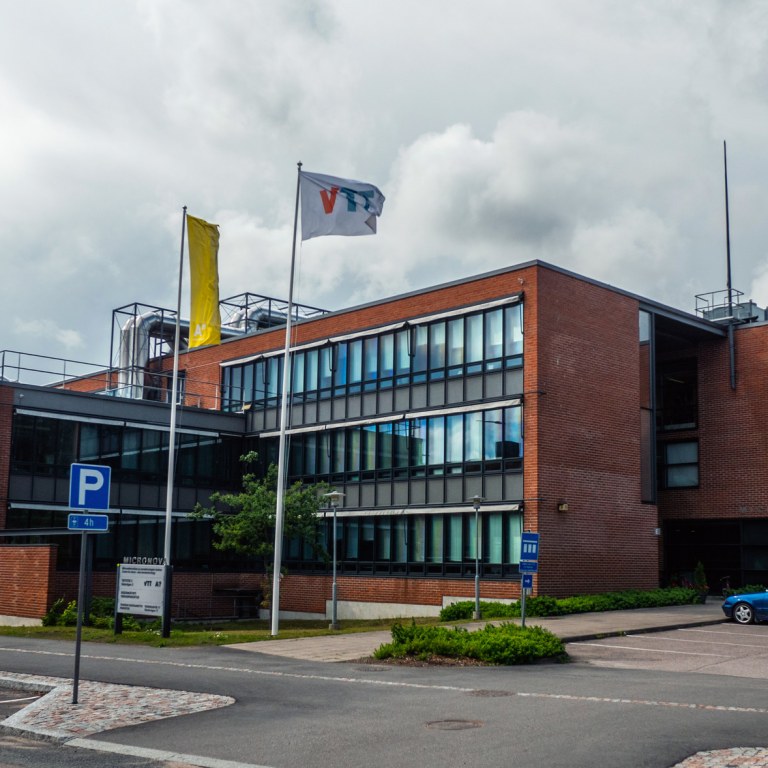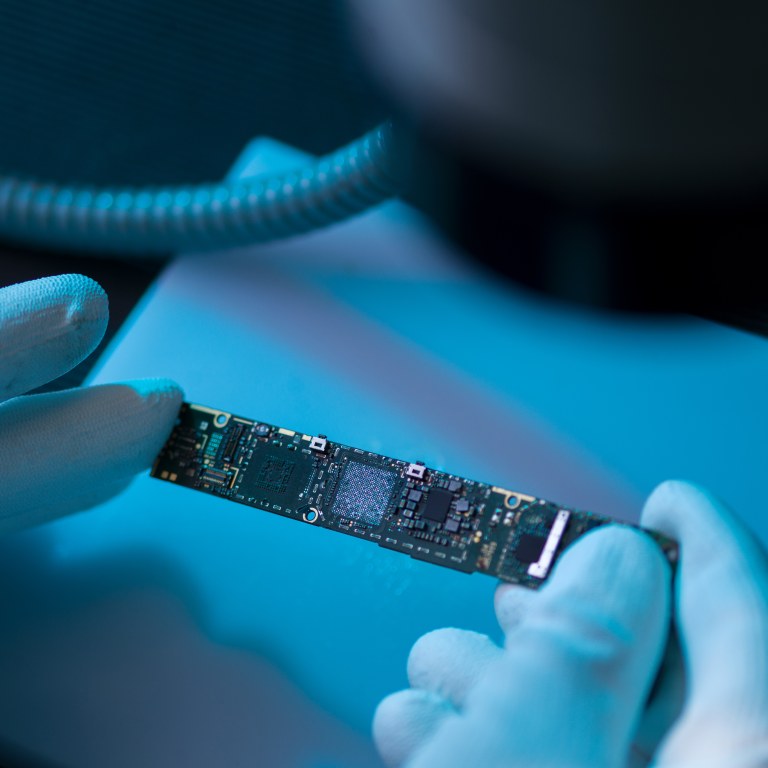Espoo stays ahead of the curve in deep tech and artificial intelligence due to its innovation ecosystem and scientific community.
Deep tech — referring to the research-intensive development of entirely new technologies — plays a key role in responding to the most pressing challenges of our time, such as mitigating the effects of climate change and building resilience. In Espoo, scientific trailblazers seek solutions from new materials and technologies as well as combinations of the two.
The sharpest young thinkers and most experienced engineers from, including but not only, Aalto University and VTT Technical Research Centre of Finland are the community's most valuable asset. Thanks to them and their numerous partners, Espoo is Finland’s leading city in deep tech, quantum technology, and artificial intelligence.
Going quantum together
VTT believes that the deployment of quantum technologies will revolutionise entire industries. The Espoo-based centre has three decades of experience in researching, developing, and manufacturing superconductive hardware components, and its in-house quantum computer functions as a platform for developing algorithms.
The first ever quantum computer in Finland was built at VTT in collaboration with quantum computing hardware company IQM. Known as Helmi, the 5-qubit machine is part of an initiative to build a more powerful, 50-qubit quantum computer by 2024. In the autumn of 2022, the Helmi quantum computer was connected to the Espoo-built LUMI supercomputer. The capability of this integration is now also open to researchers and will boost organisations' competence and expertise and eventually contribute to creating new solutions to problems we are facing today. [The article continues after the info box below.]
A leading quantum and semiconductor community in Europe
Espoo's innovation community in Finland offers globally leading quantum technology and semiconductor expertise, talents, and infrastructure — and will be one of Europe's significant quantum and semiconductor industry hubs.
Quantum and semiconductors
Learn moreIQM runs a dedicated fabrication facility to design, research, and manufacture quantum processors — in Espoo, of course. On top of this, an IQM-led consortium known as Q-Exa is currently building a quantum computer in Germany. In April 2022, IQM announced €35 million in funding from the European Investment Bank, aimed at accelerating the development and commercialisation of the company's quantum processors.
VTT has also partnered with Aalto University and the University of Helsinki to form InstituteQ, the Finnish Quantum Institute. The goal is to bring together expertise and resources from the three institutions. The institute is also home to BusinessQ, a business community that broadens the institute's impact and supports the creation of new businesses from quantum technologies.
Another example of similar co-operation is the QuTI project, also coordinated by VTT. QuTi is a consortium consisting of four research and eight industry partners, together pursuing ways forward in quantum technology.
Adding quantum to AI
Bringing quantum computing and artificial intelligence (AI) together brings us quantum intelligence, resulting in more efficient problem-solving. These solutions can significantly increase productivity, but they also require a multidisciplinary and ethical approach.
Espoo-built Lumi supercomputer was inaugurated in June 2022 in Kajaani. As the most powerful supercomputer in Europe, it gives European researchers access to a state-of-the art device to help gain understanding of complex issues. As one of the most advanced platforms for artificial intelligence, Lumi links together computational capacity and artificial intelligence methods.
Espoo is also home to CSC – IT Center for Science and the Finnish Center for Artificial Intelligence FCAI. CSC provides high-quality ICT expert services to clients internationally and supports research on topics such as climate change and fusion energy. FCAI, one of the Academy of Finland’s flagships and a community of AI experts in Finland, aims to create new types of AI, focusing on data efficiency, trust and ethics, and understandability.
Startups and seasoned veterans side by side
There is still plenty we don’t know about quantum computing and AI. This is why it makes so much sense to share expertise, skills, resources, and research within and between organisations and industries as well as the public and private sectors.
In addition to the well-established research organisations the likes of VTT, there is exponential growth potential in Finnish deep tech startups, such as Caidio, Collective Crunch, and VimAI. All of them are based in Espoo, and it’s no wonder: the city provides a world-class, easy-access quantum ecosystem to companies and researchers. Together, both bright-eyed newcomers and seasoned industry veterans can contribute to a more sustainable and resource-efficient future.



